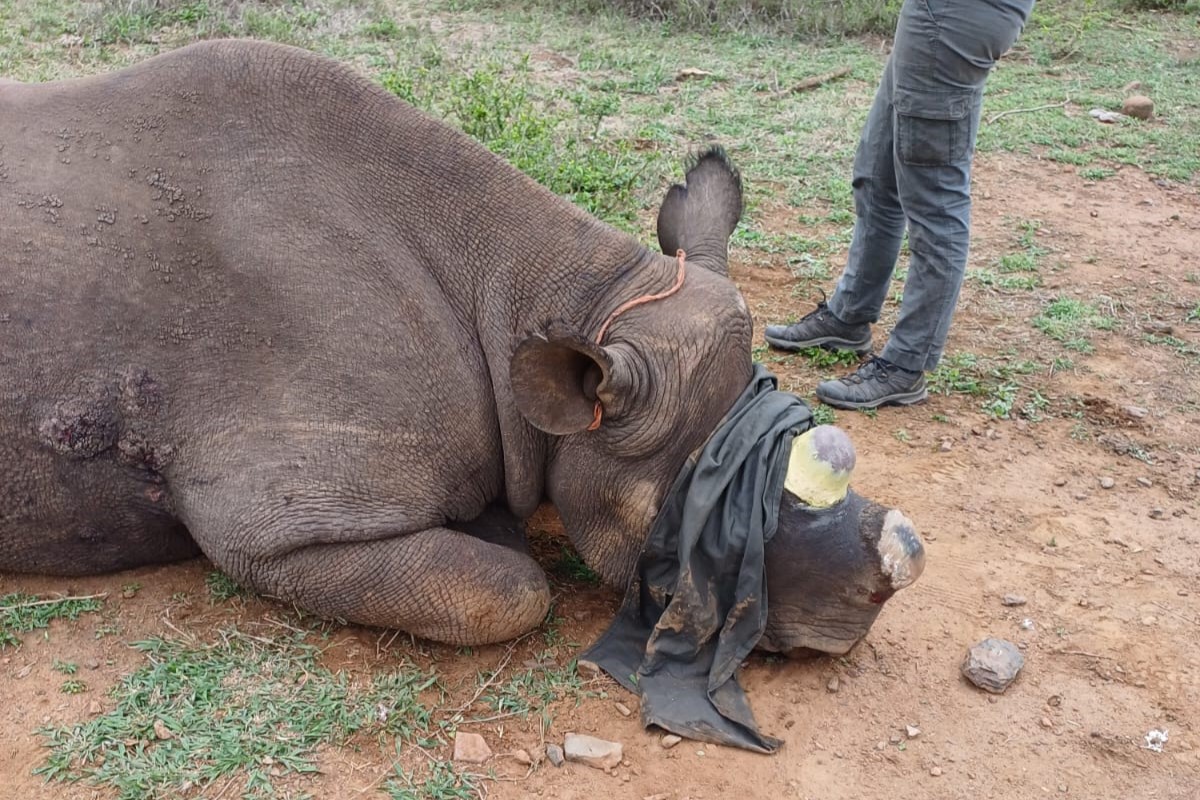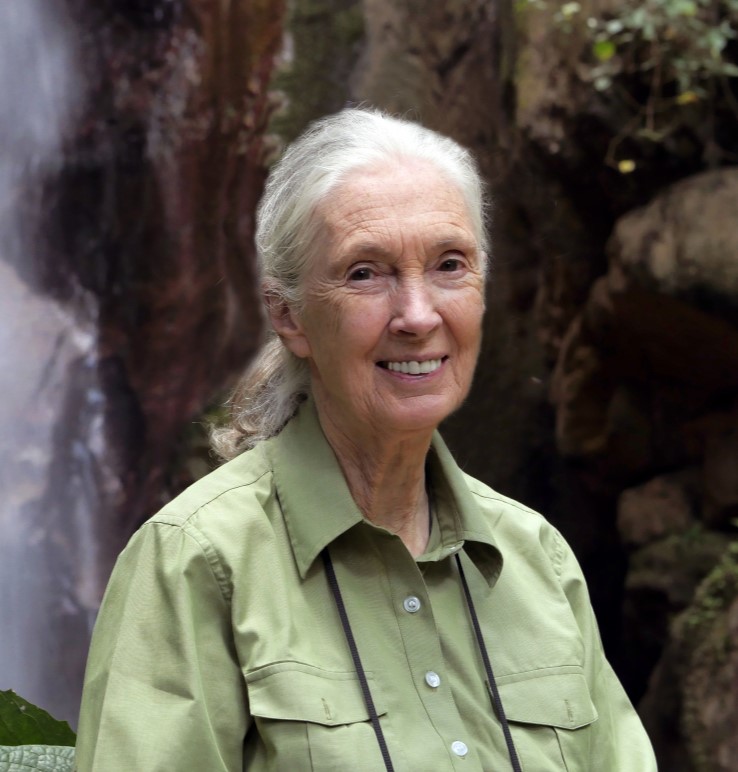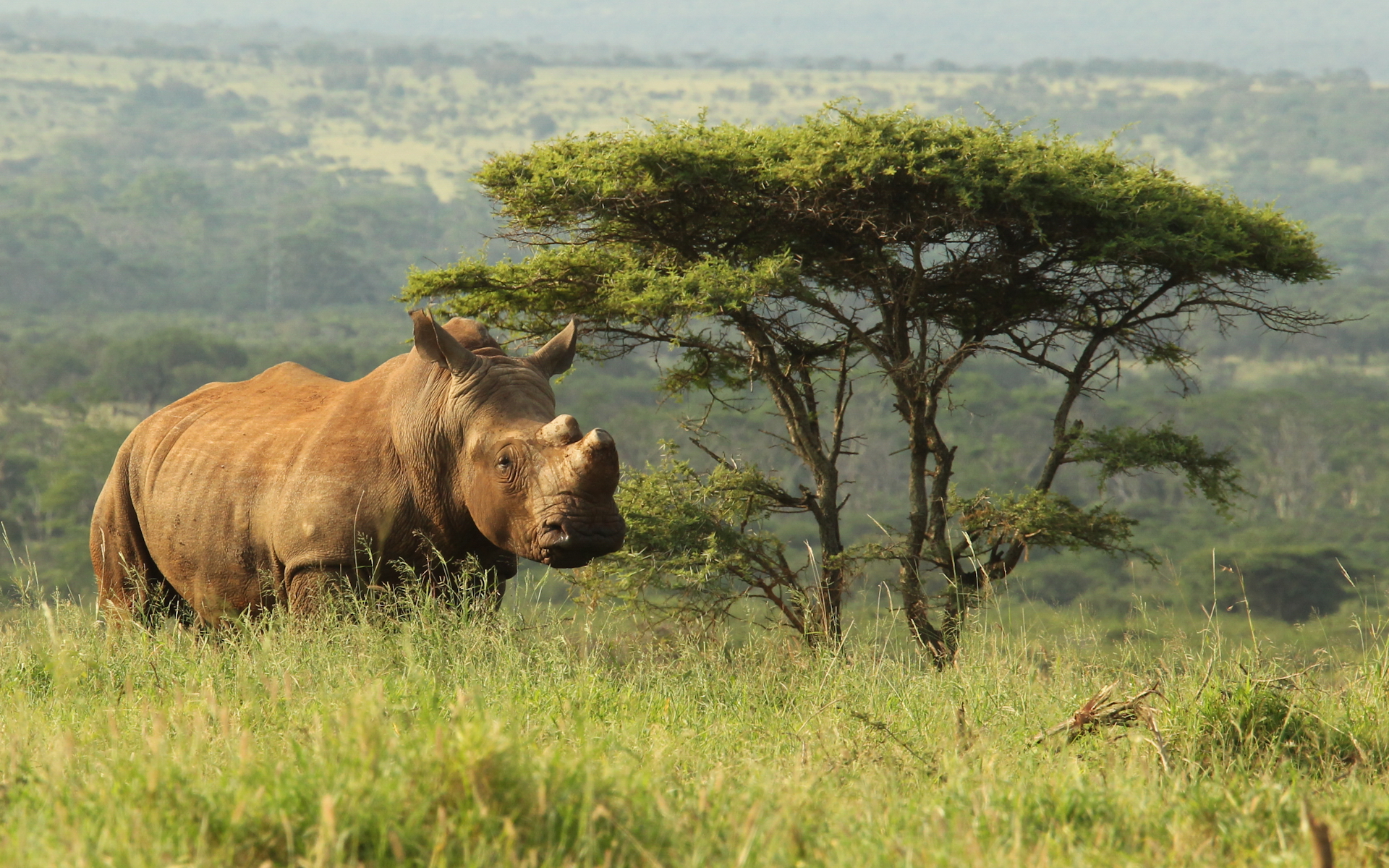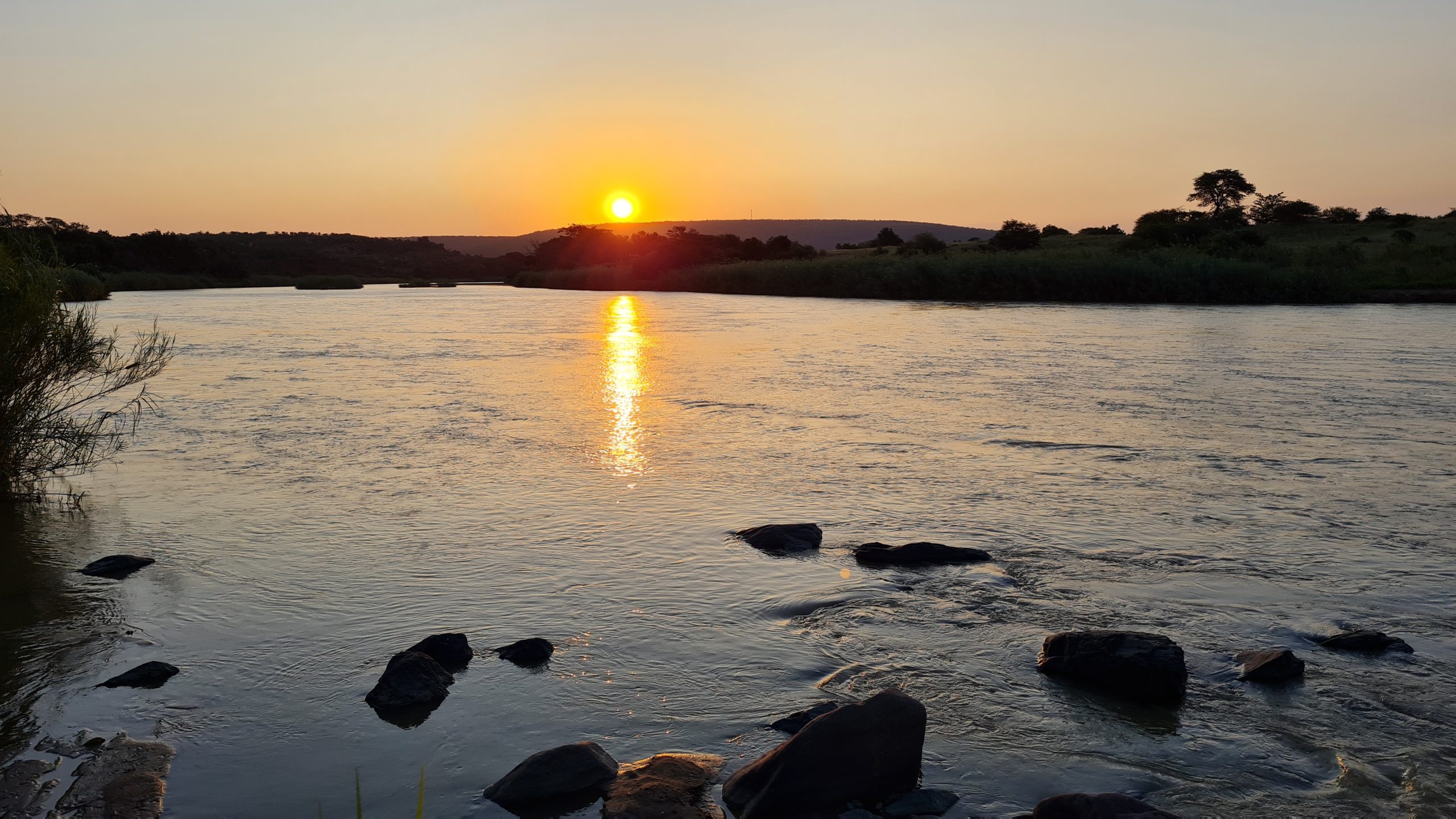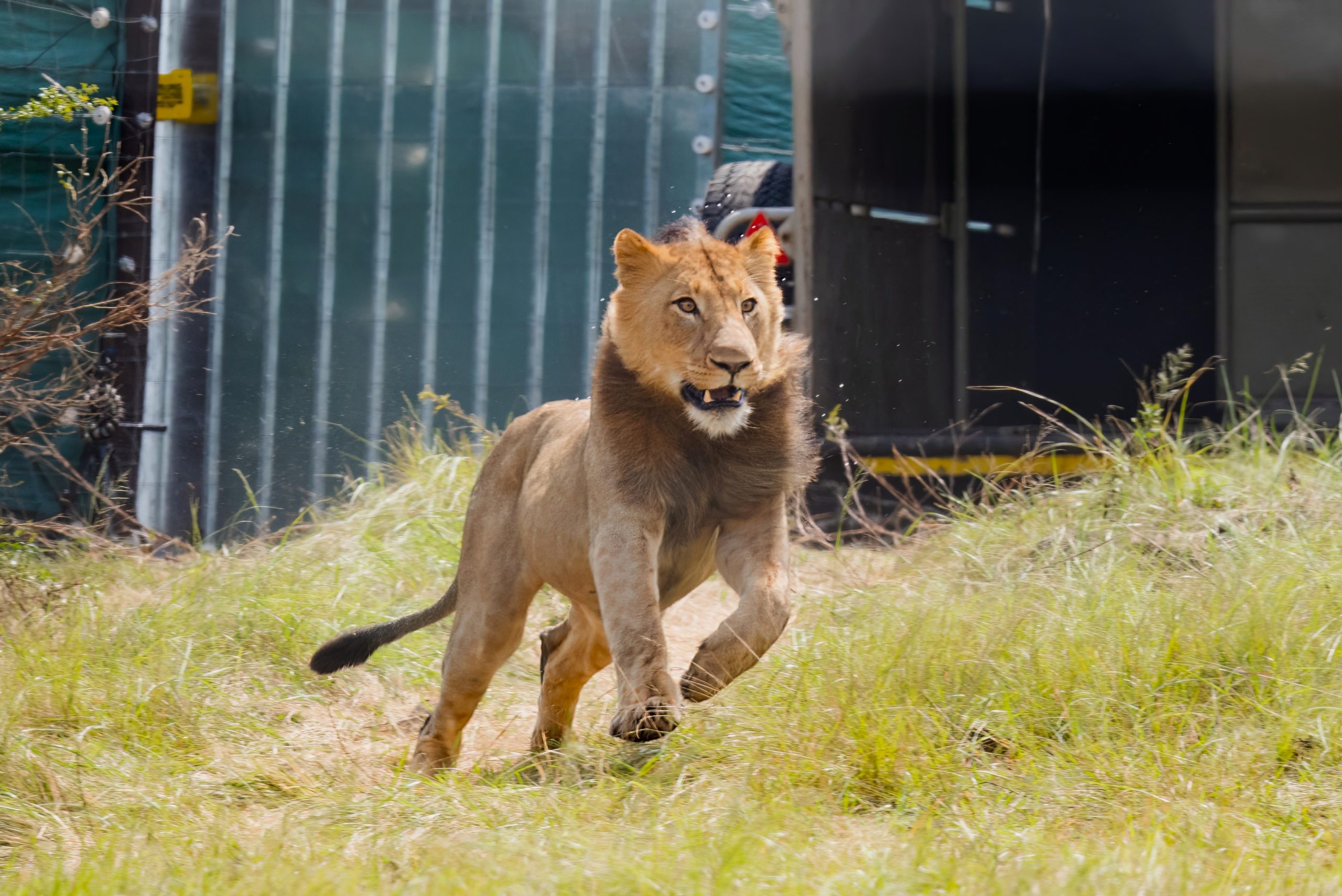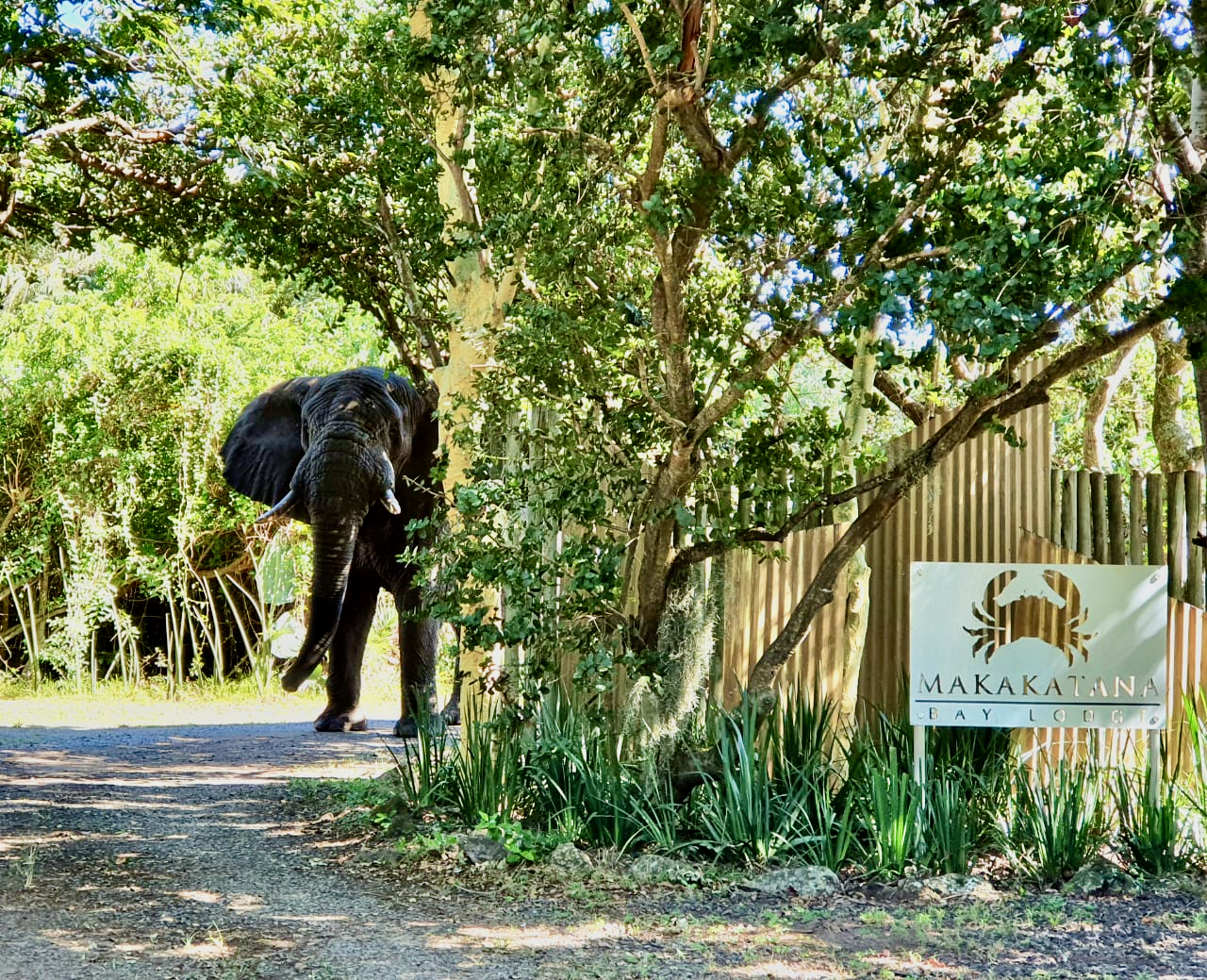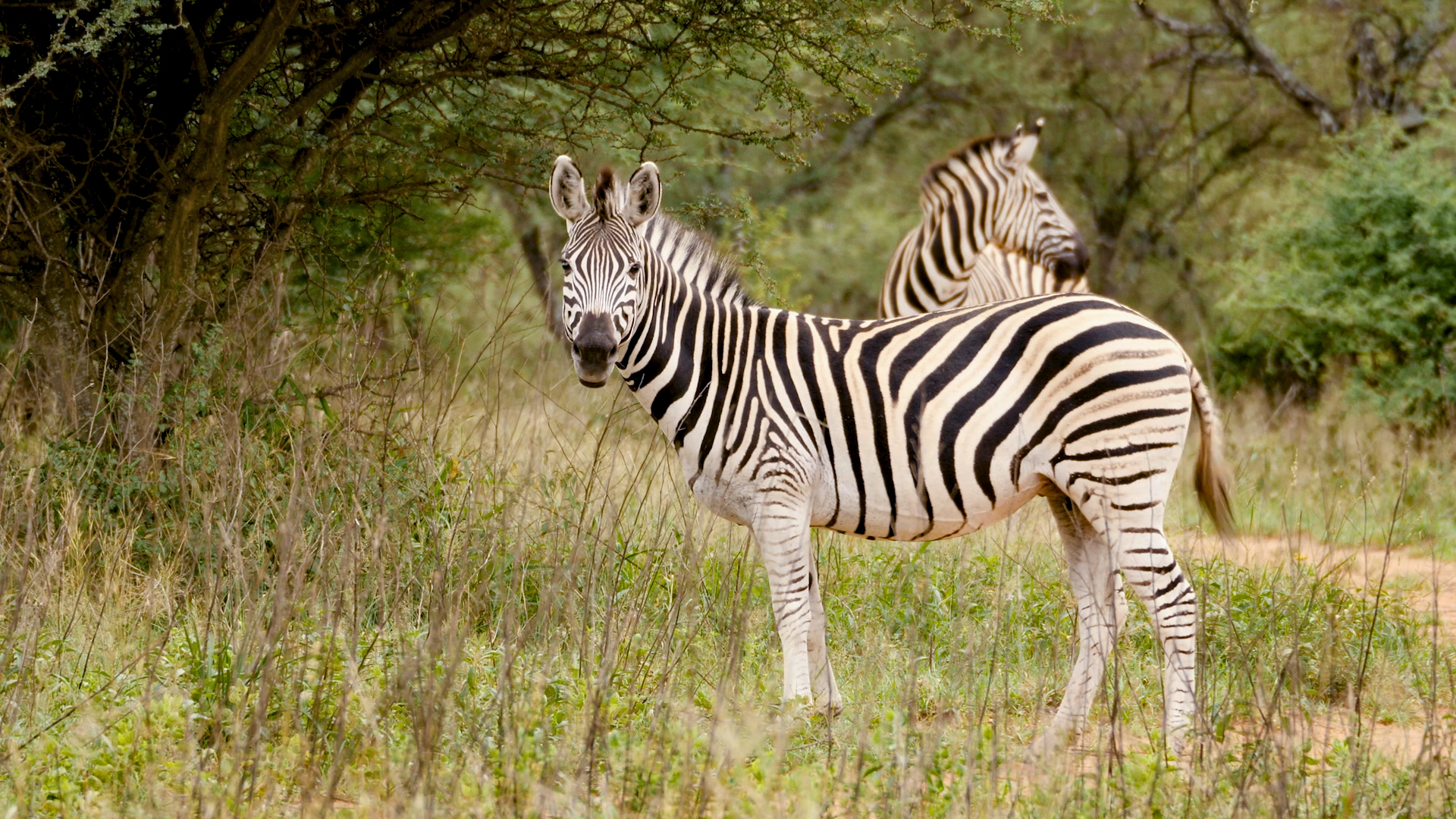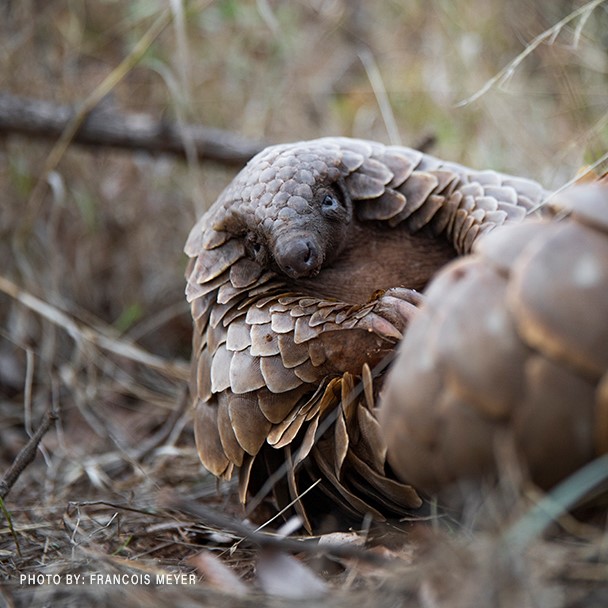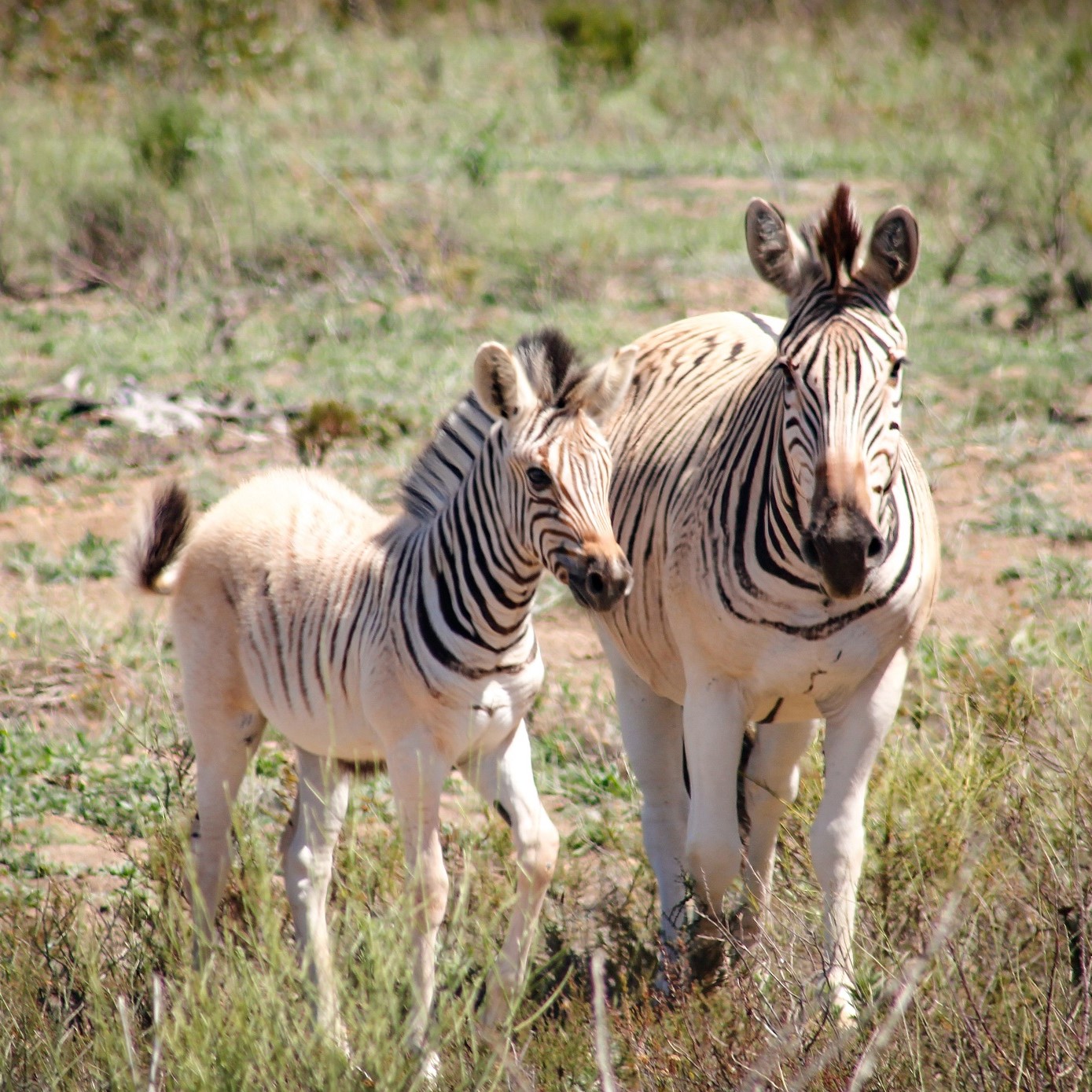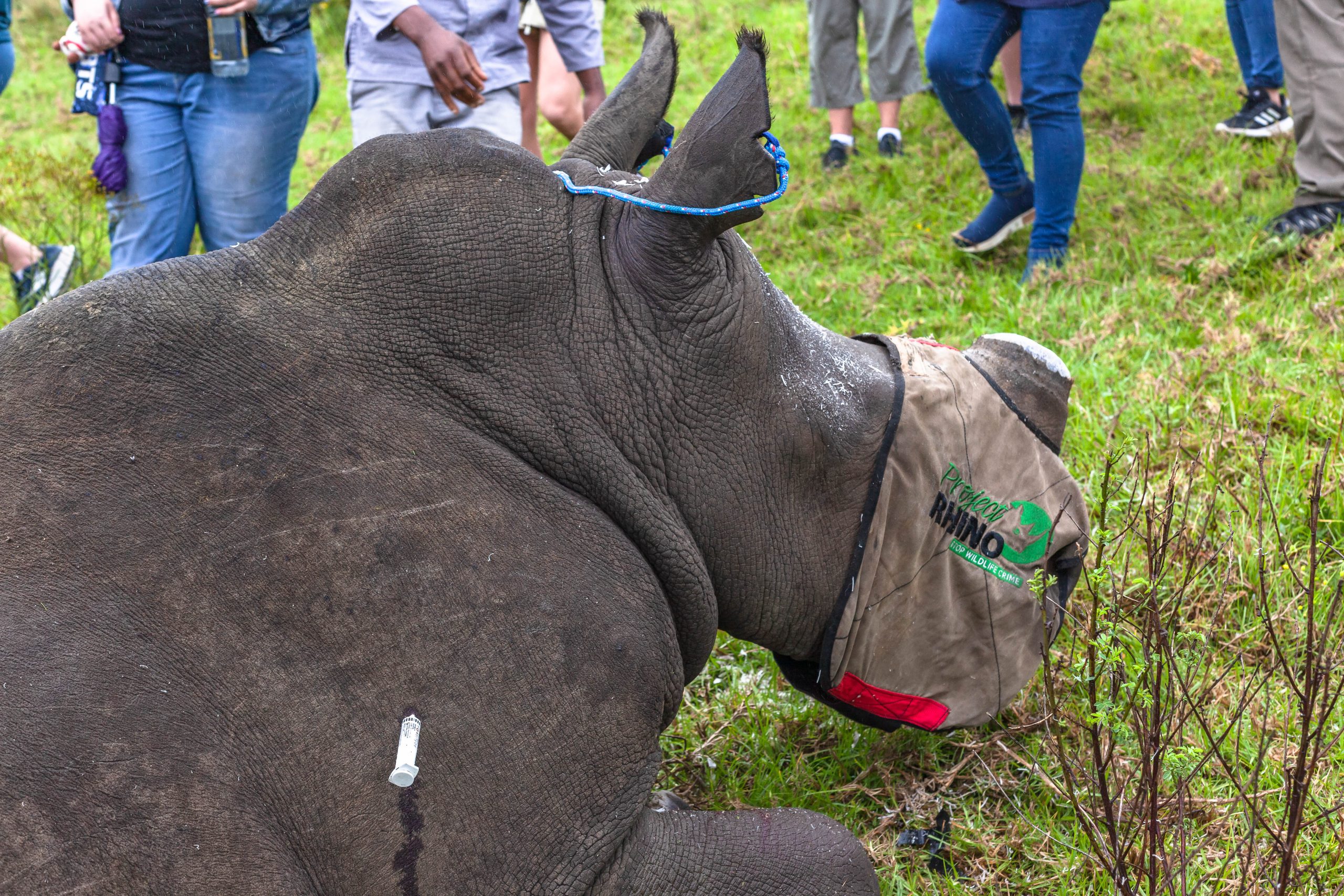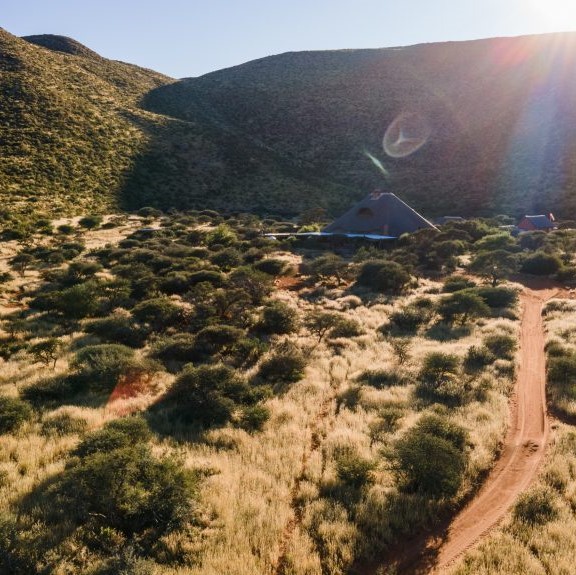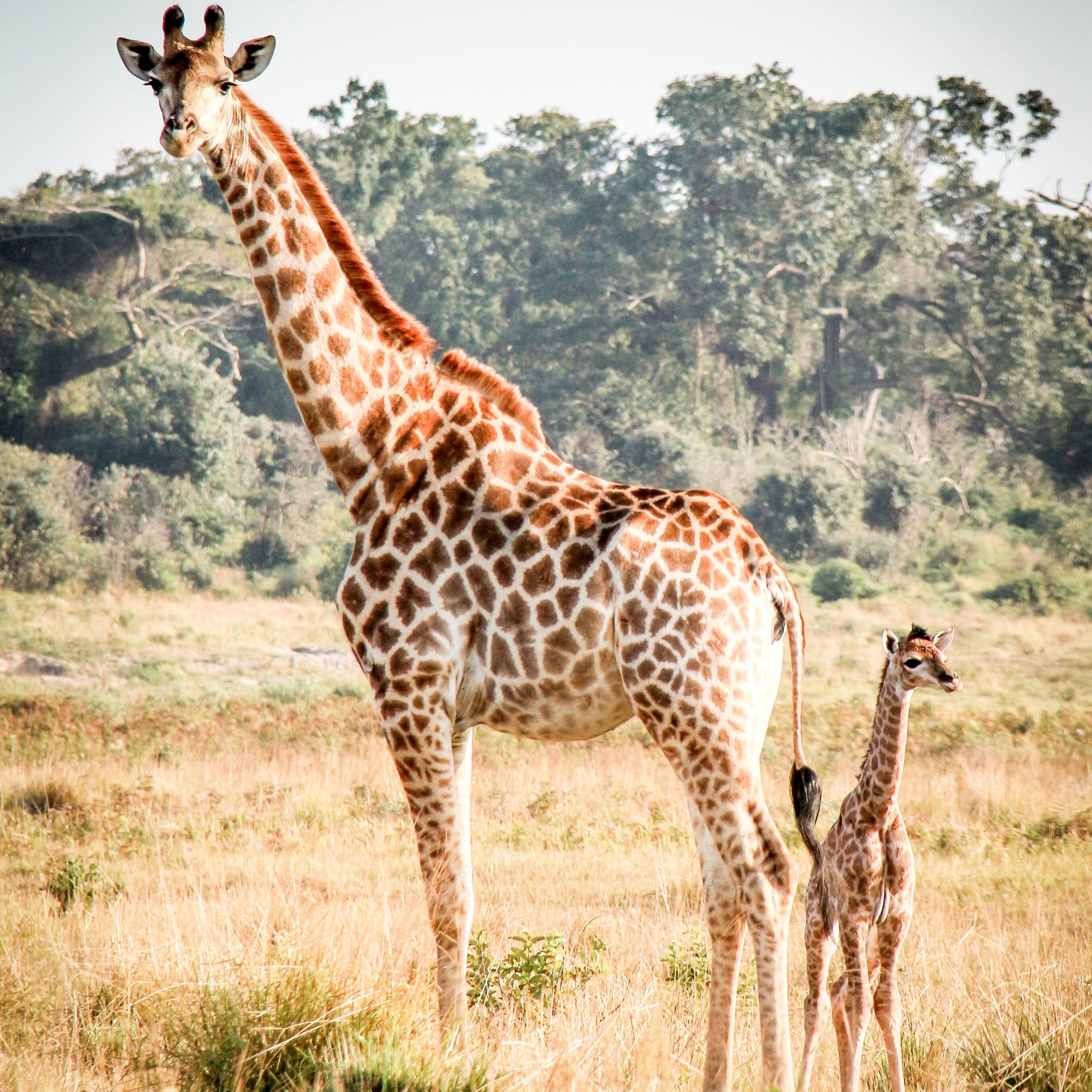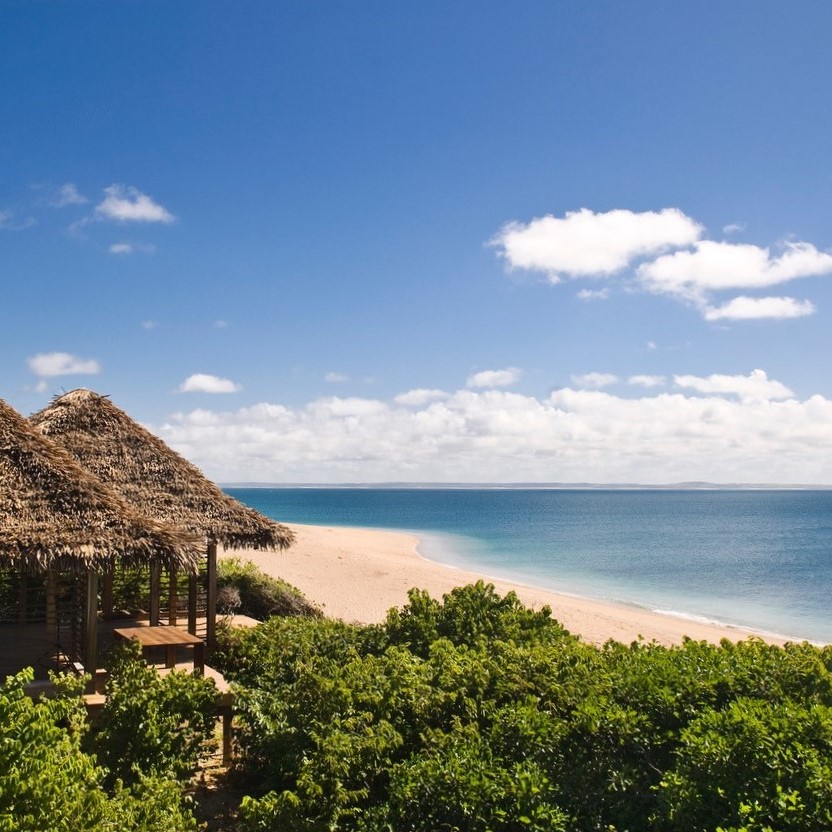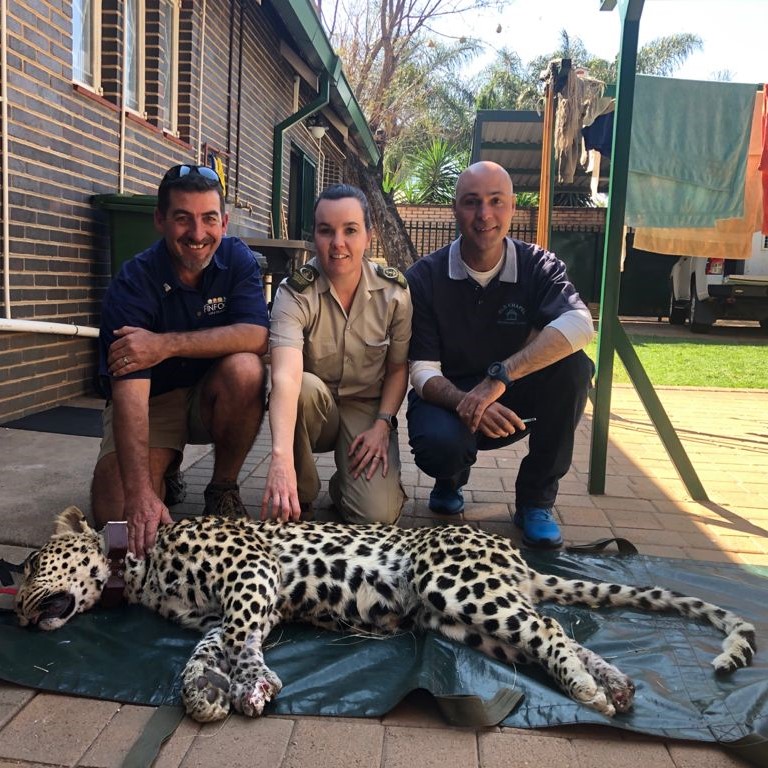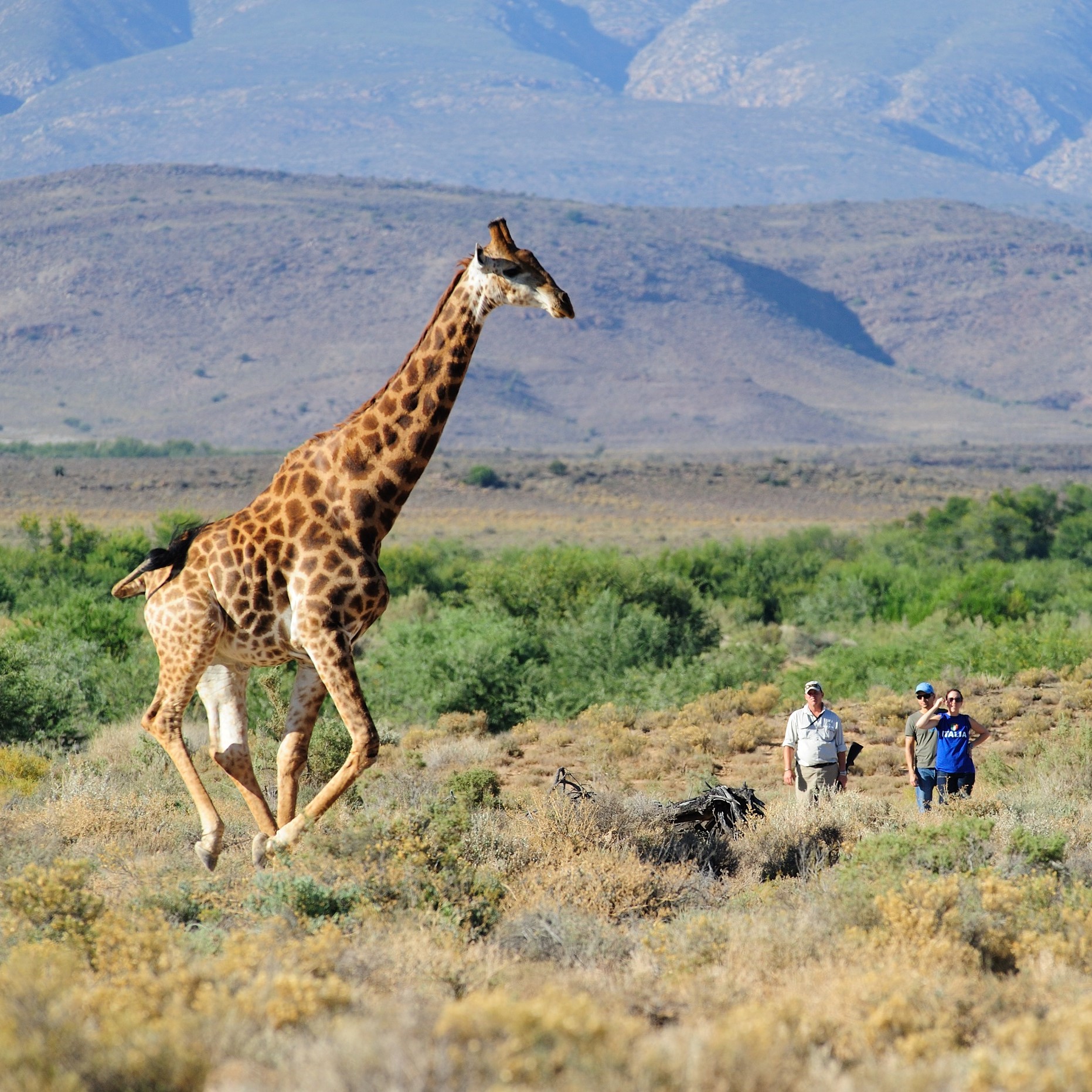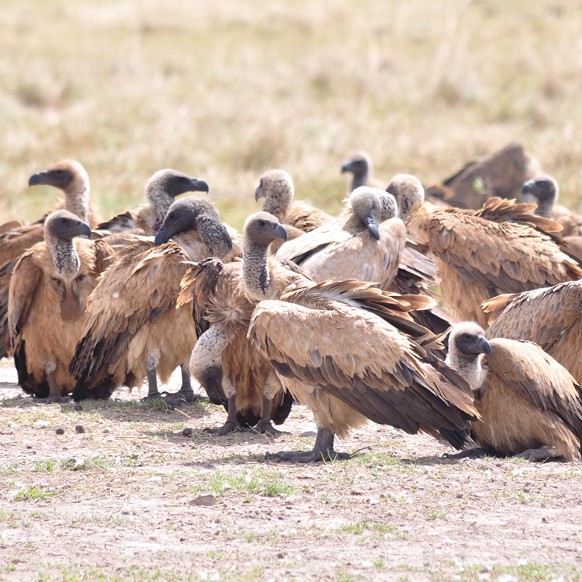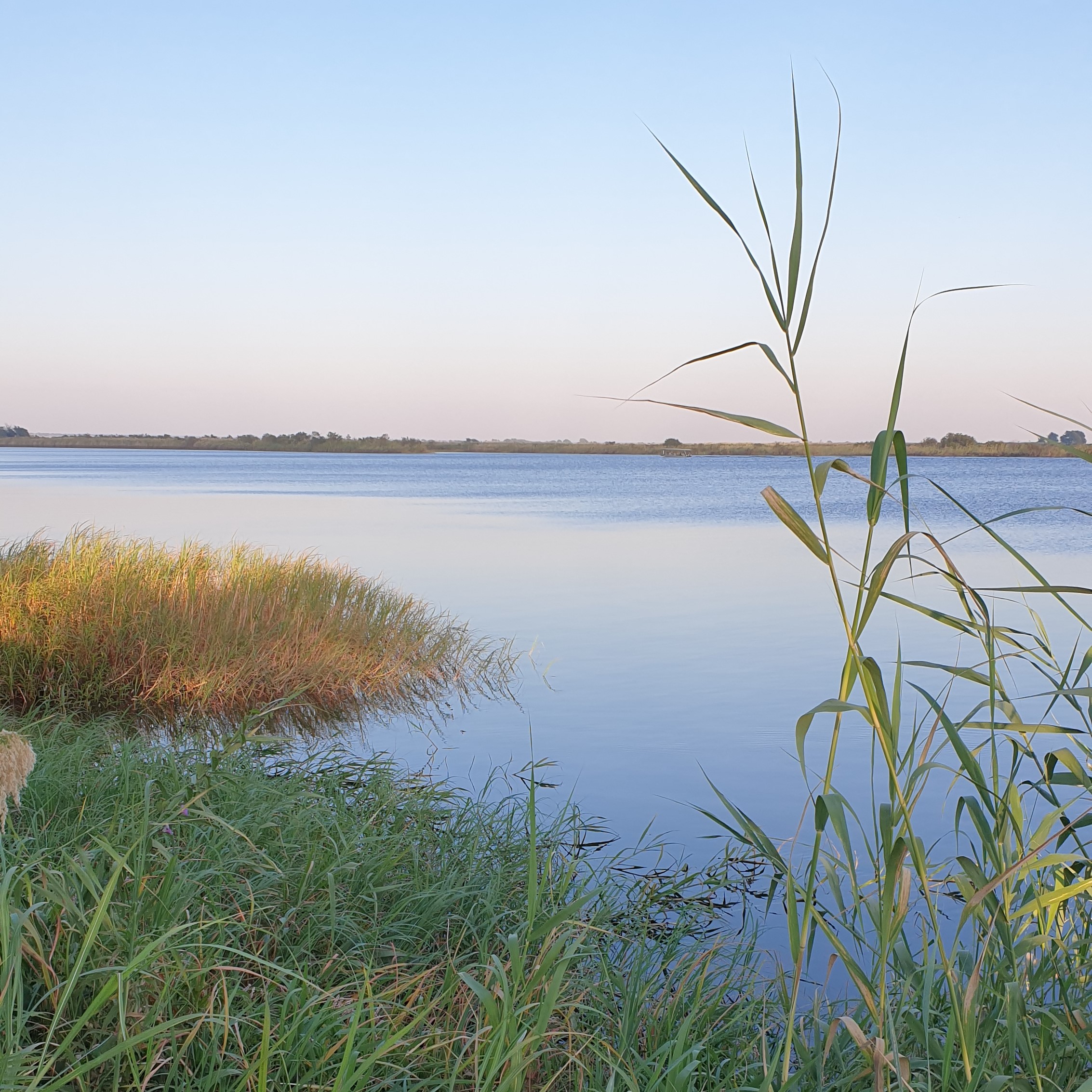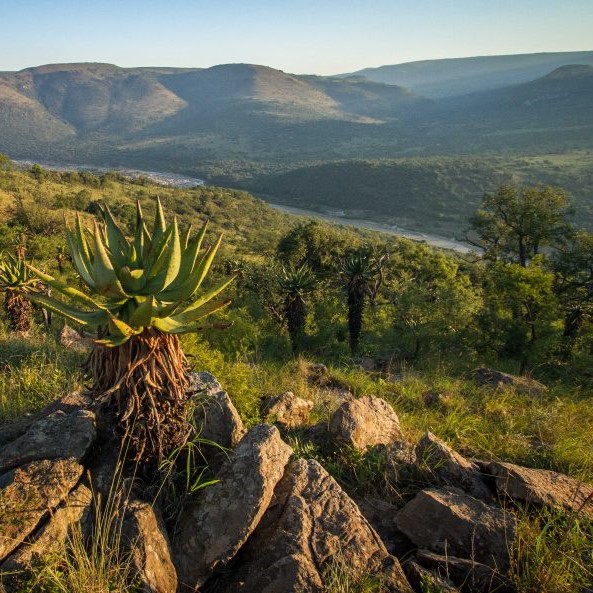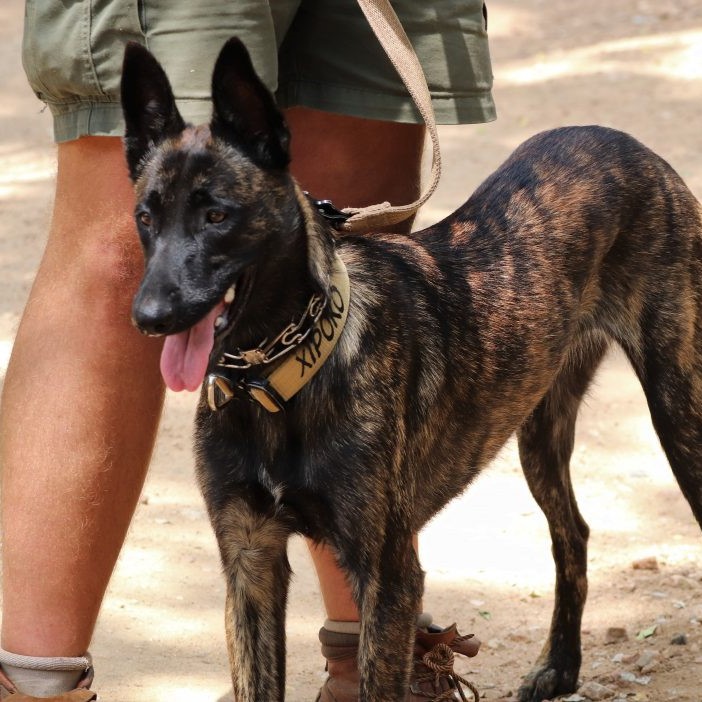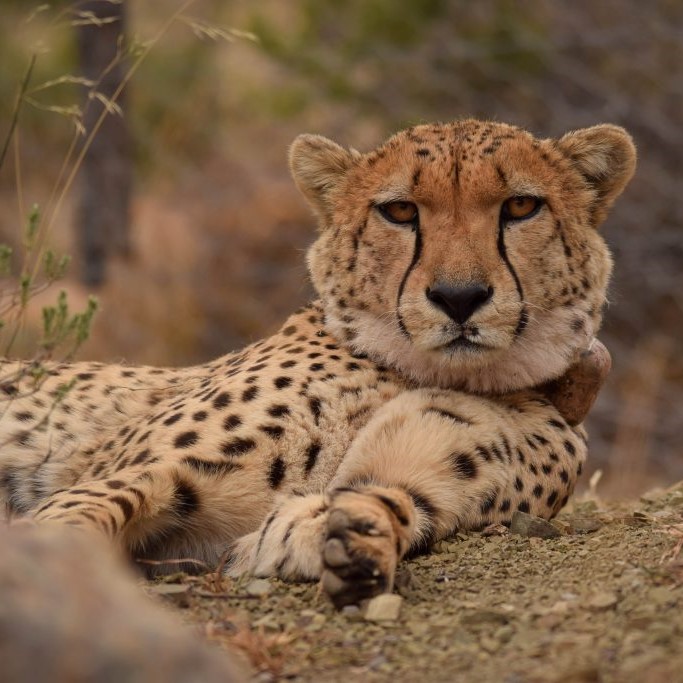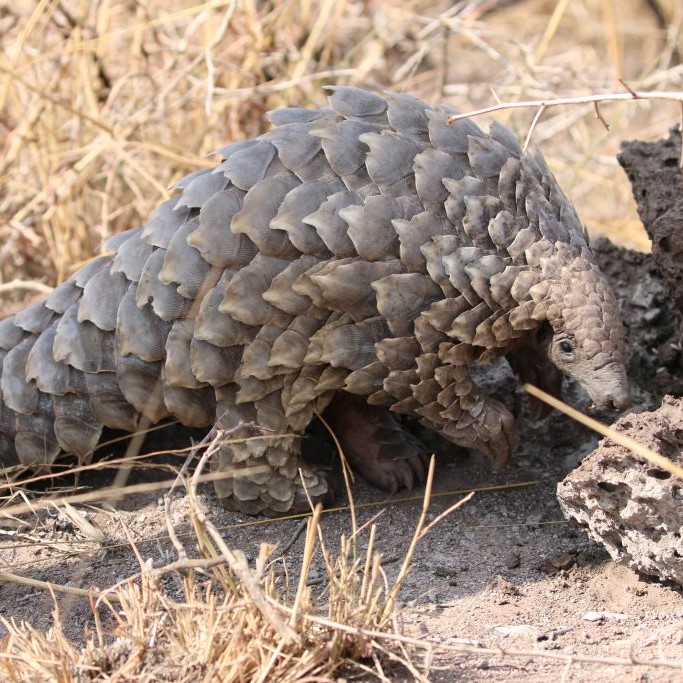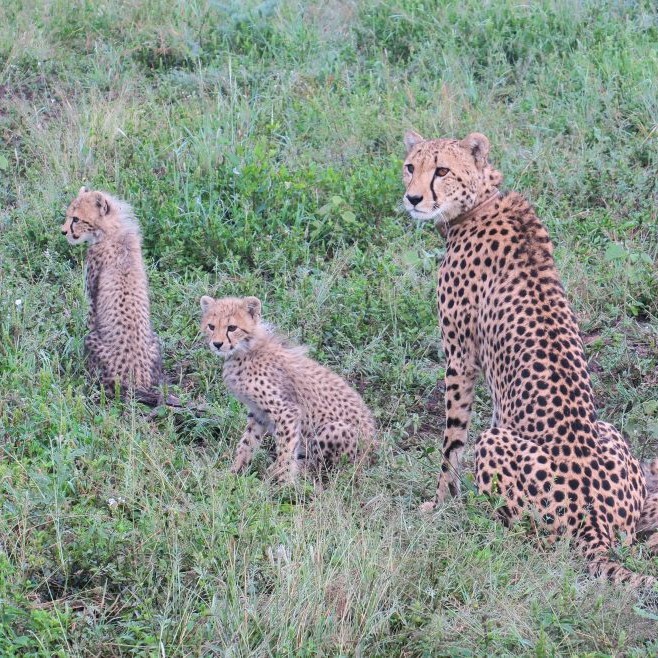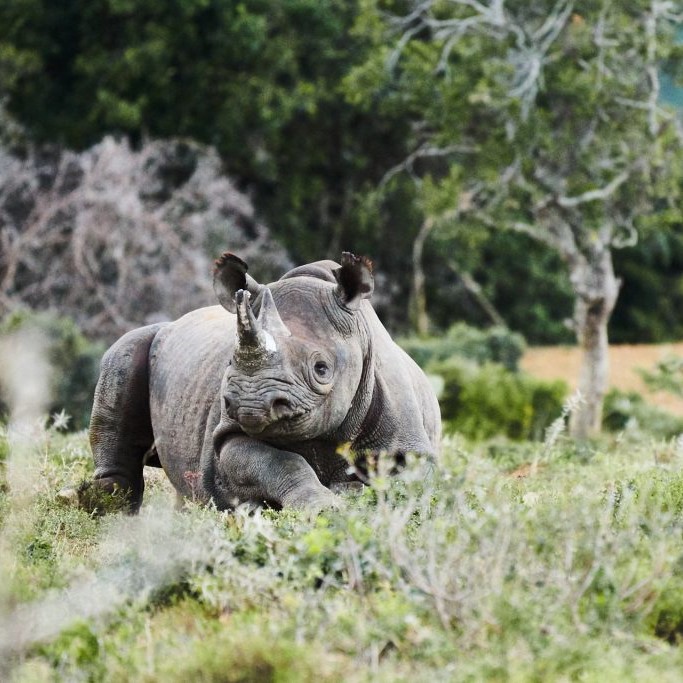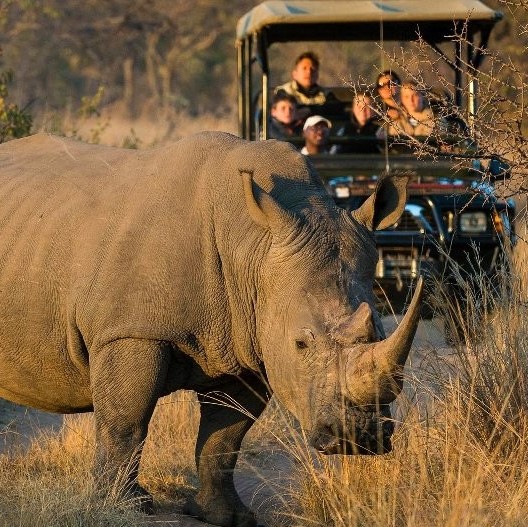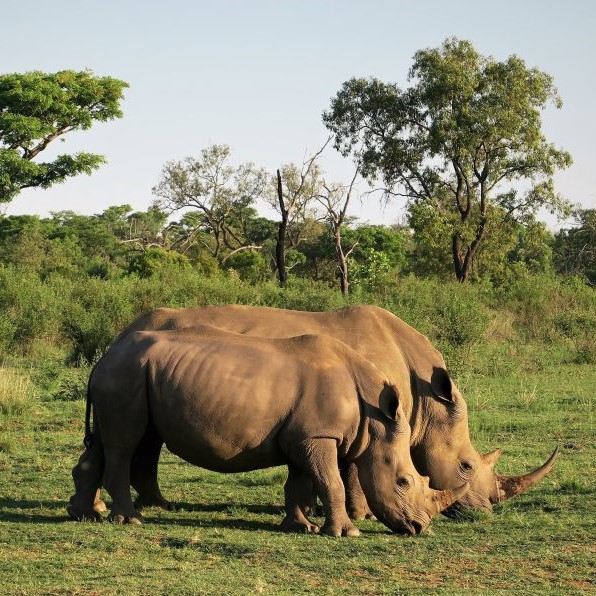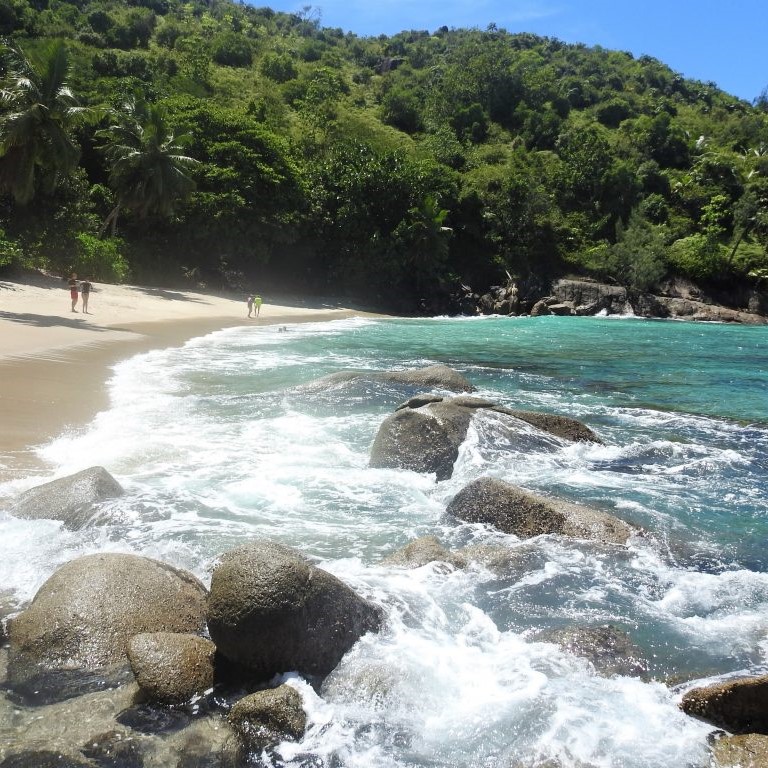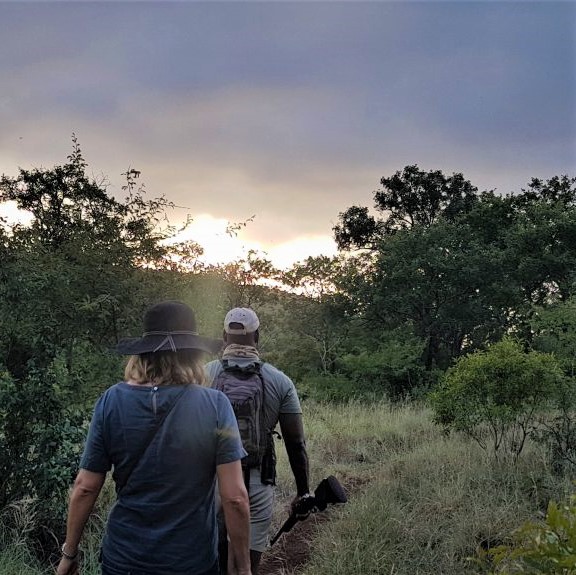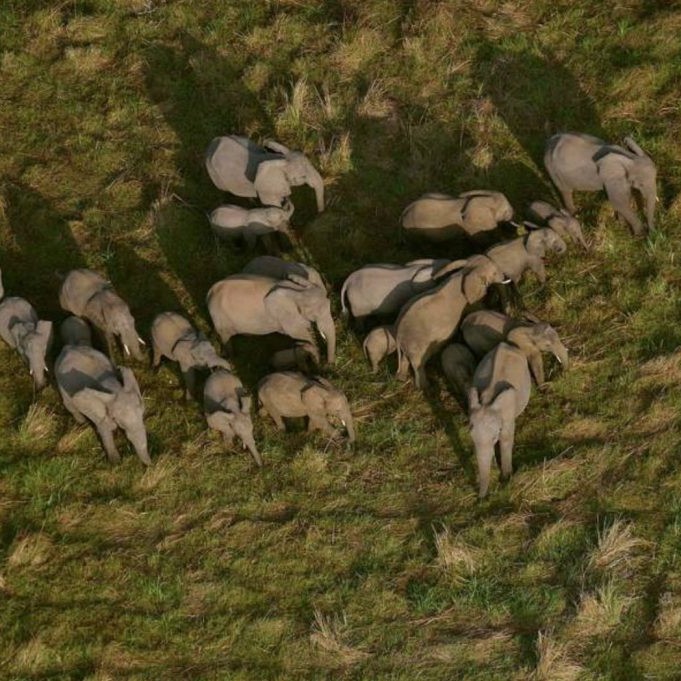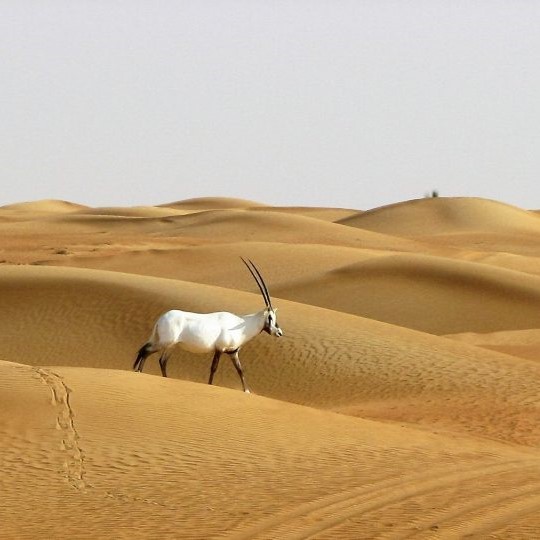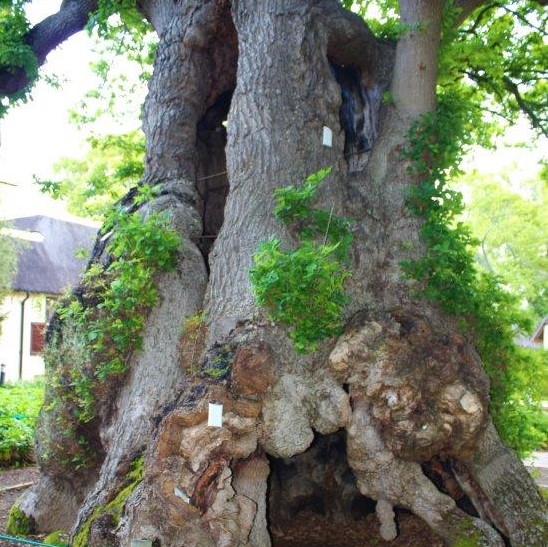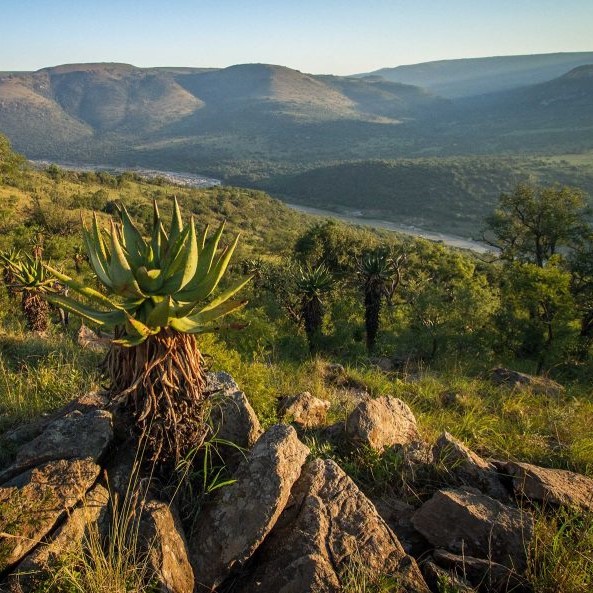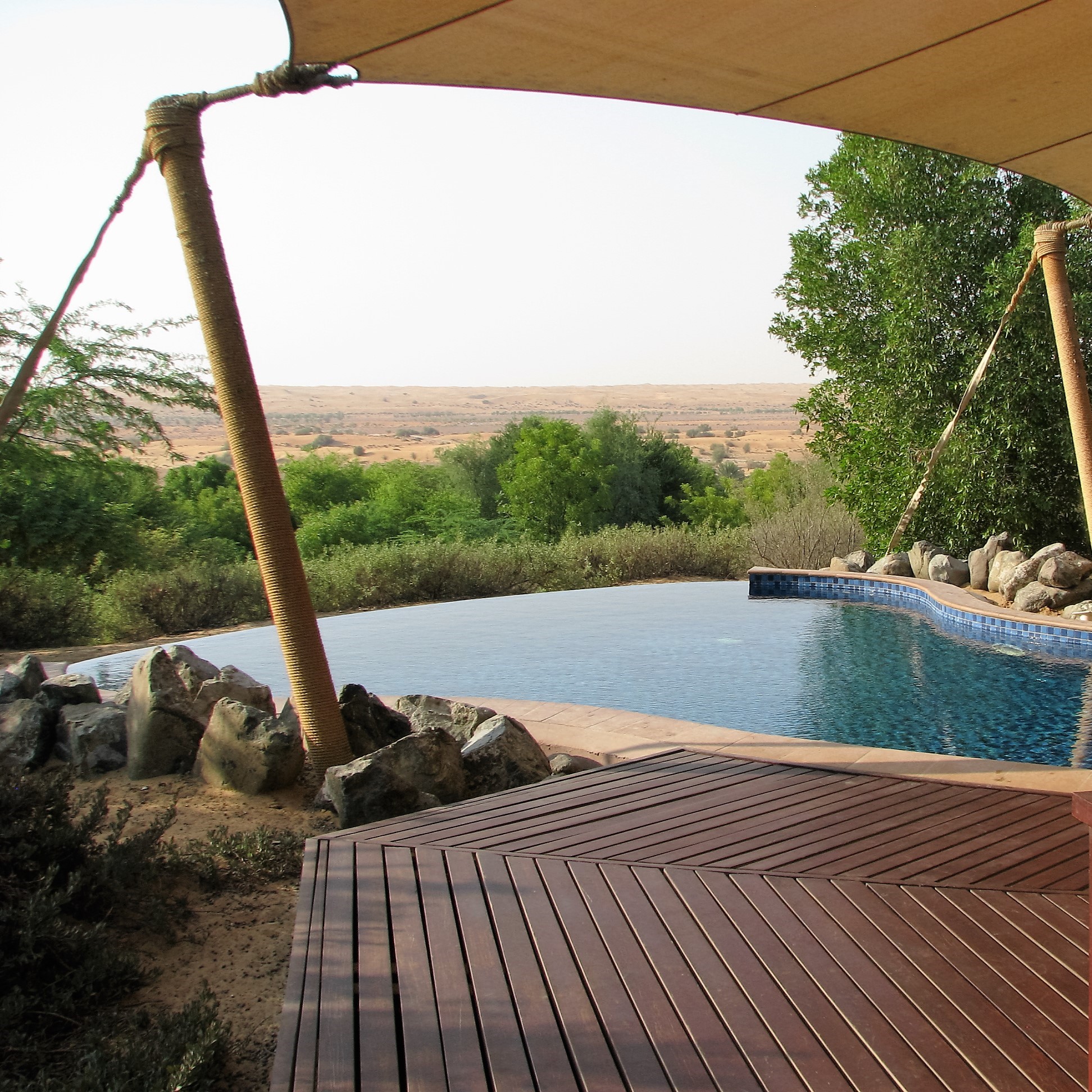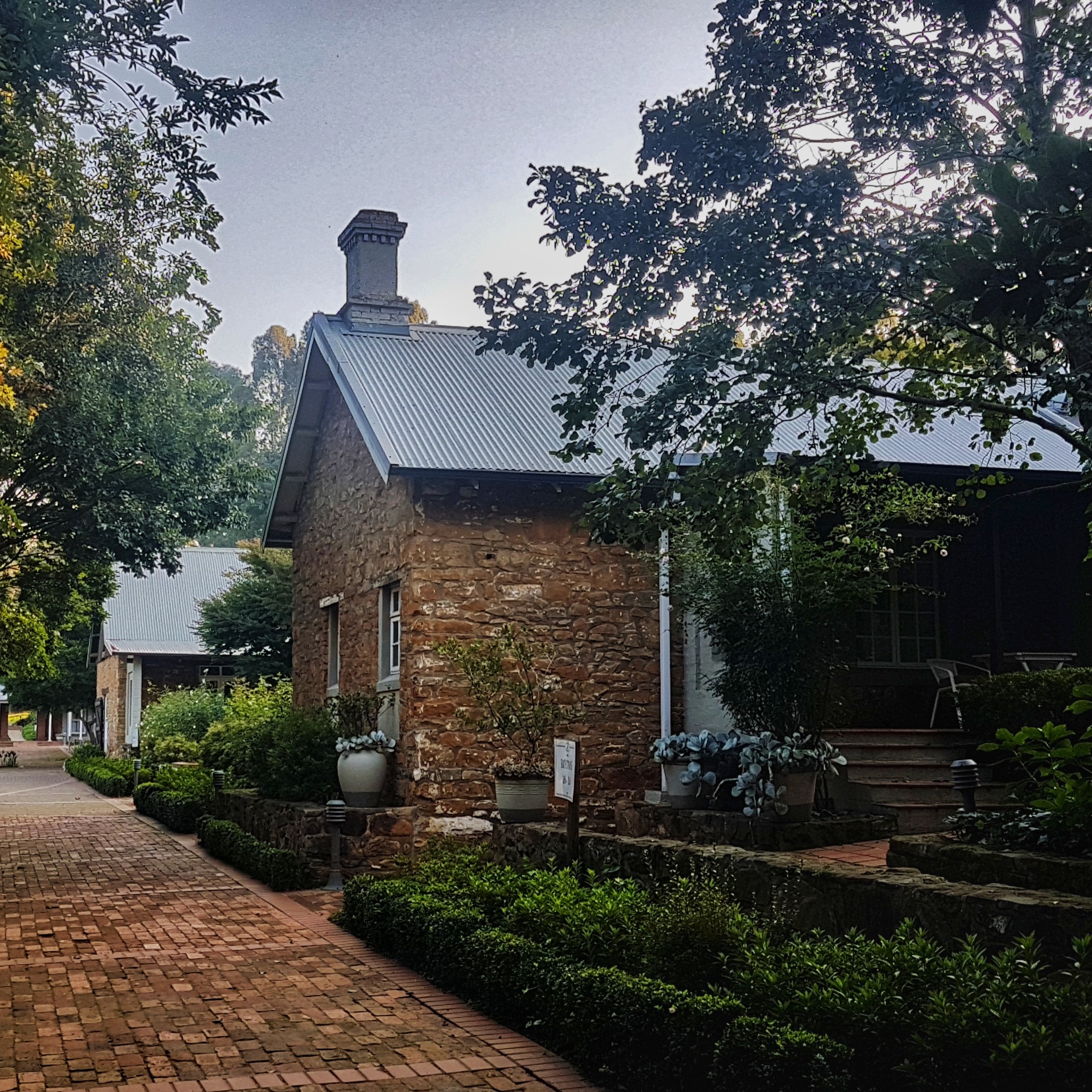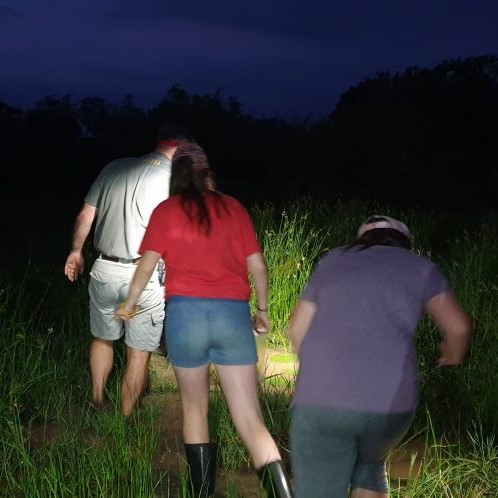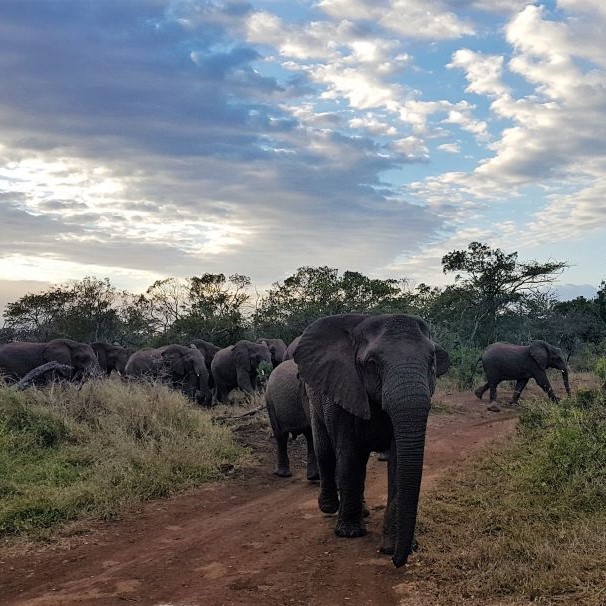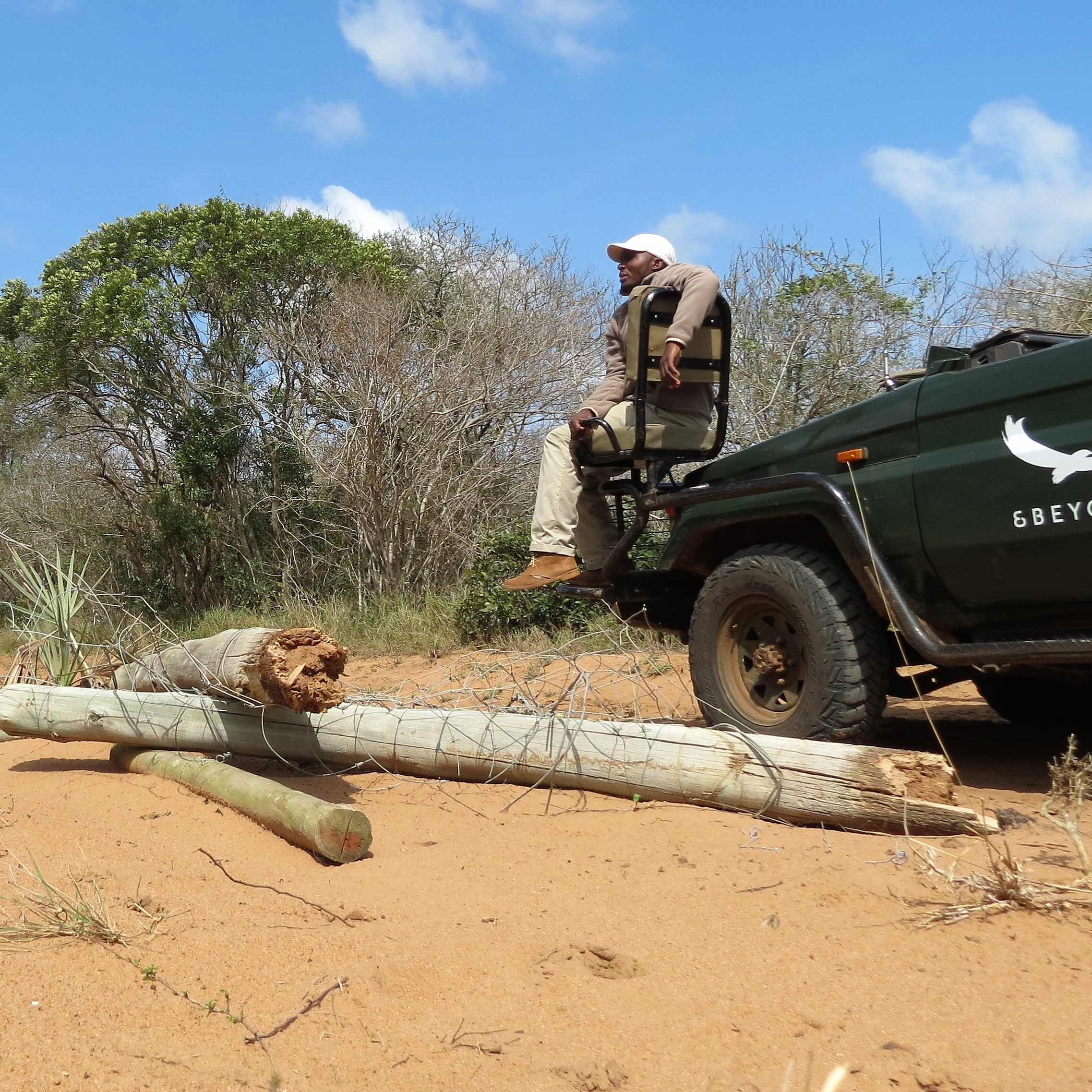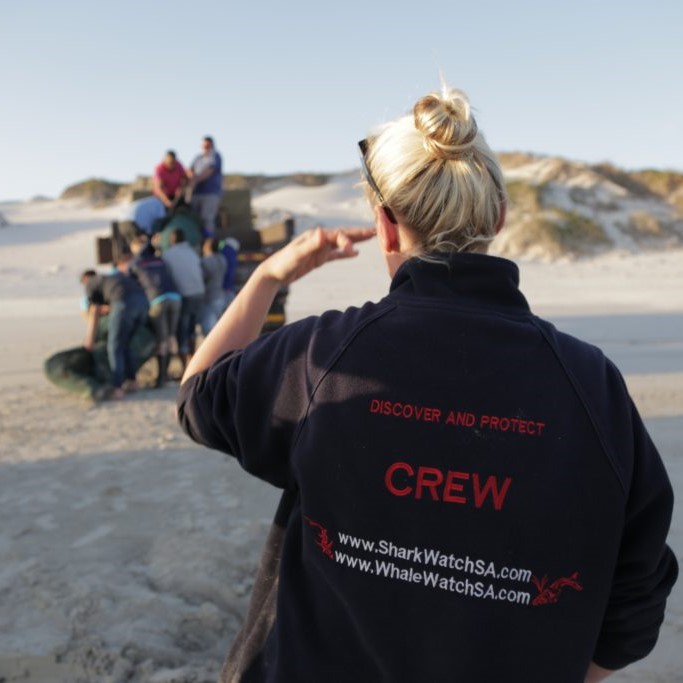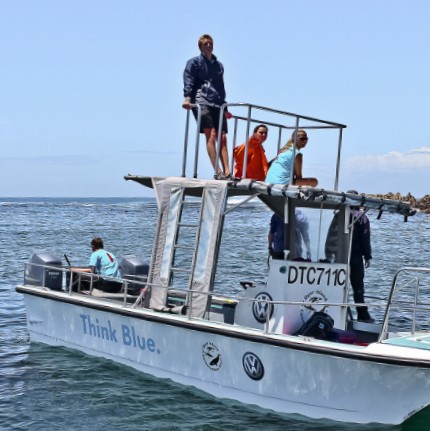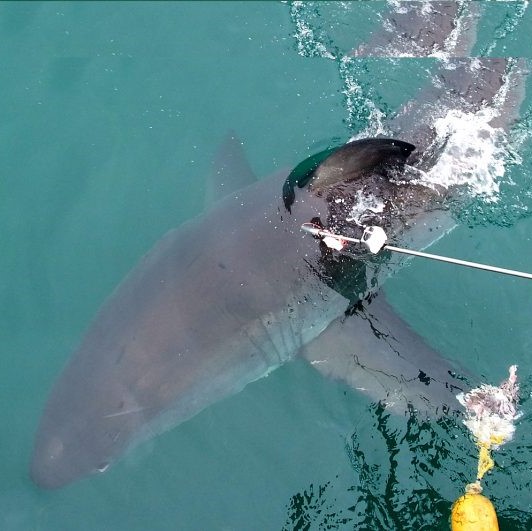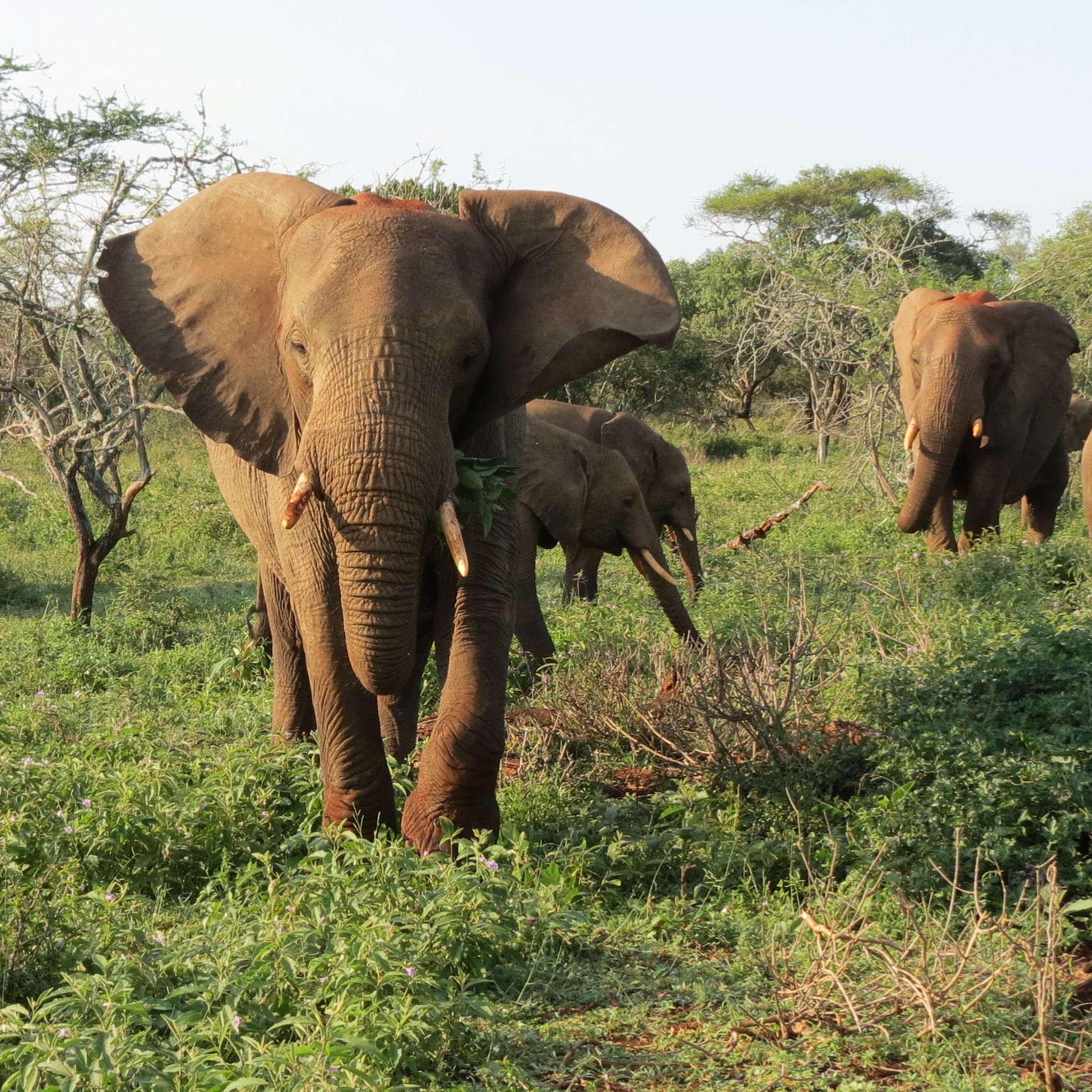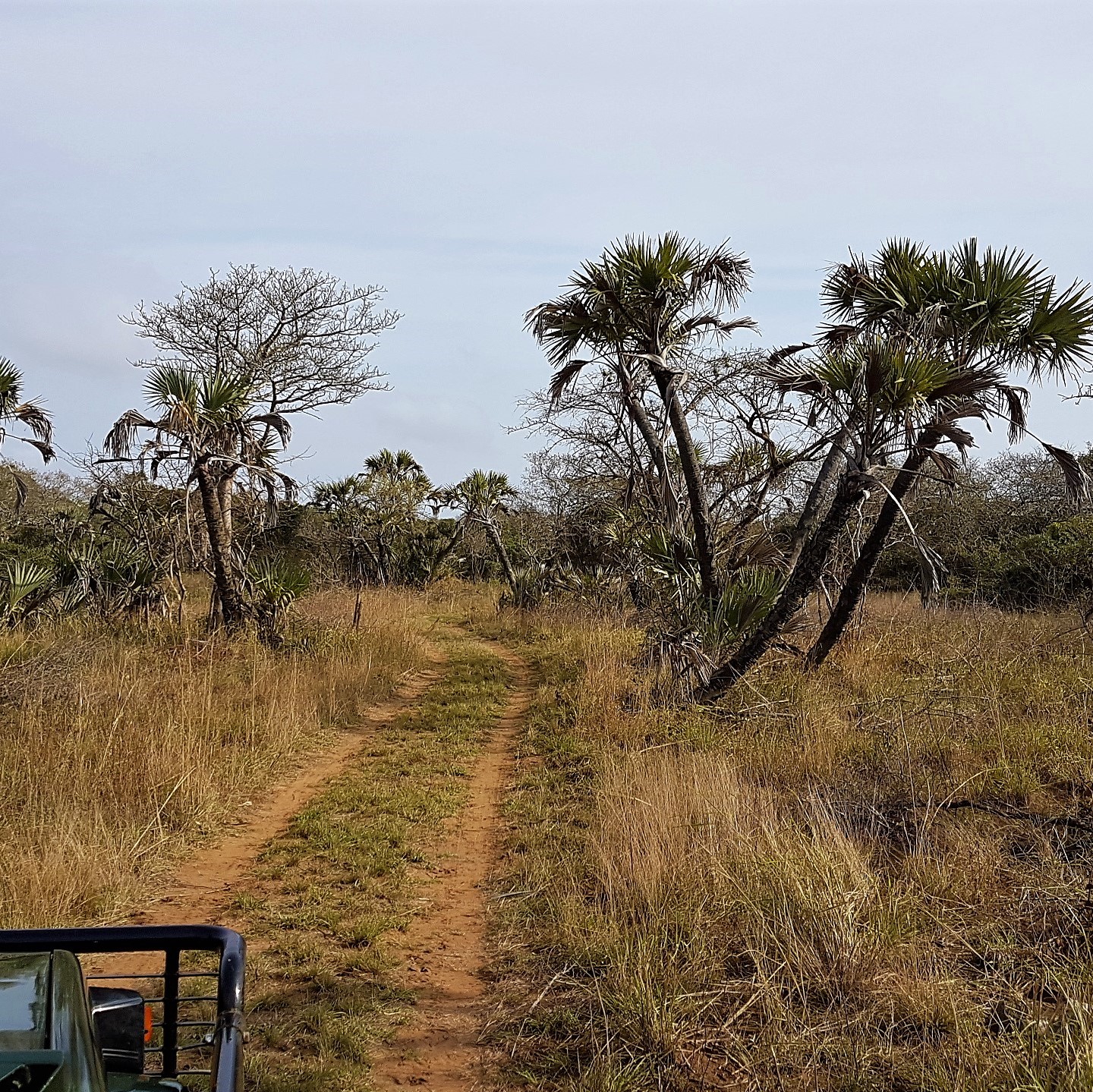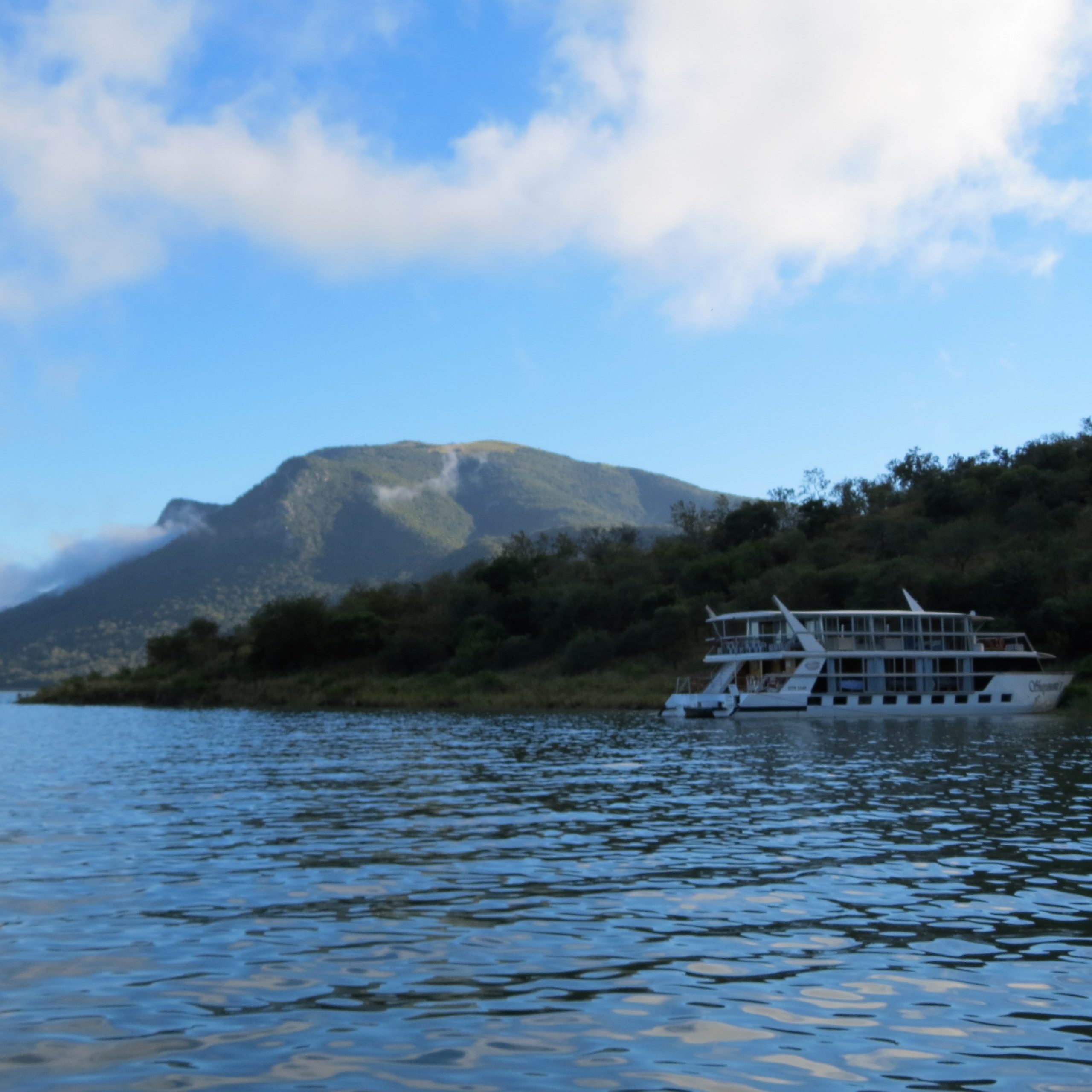Not only is Fordoun Hotel & Spa situated in the green pastures of a successful Nottingham Road dairy farm, it is also firmly committed to the environment through a number of environmental, conservation and social initiatives.
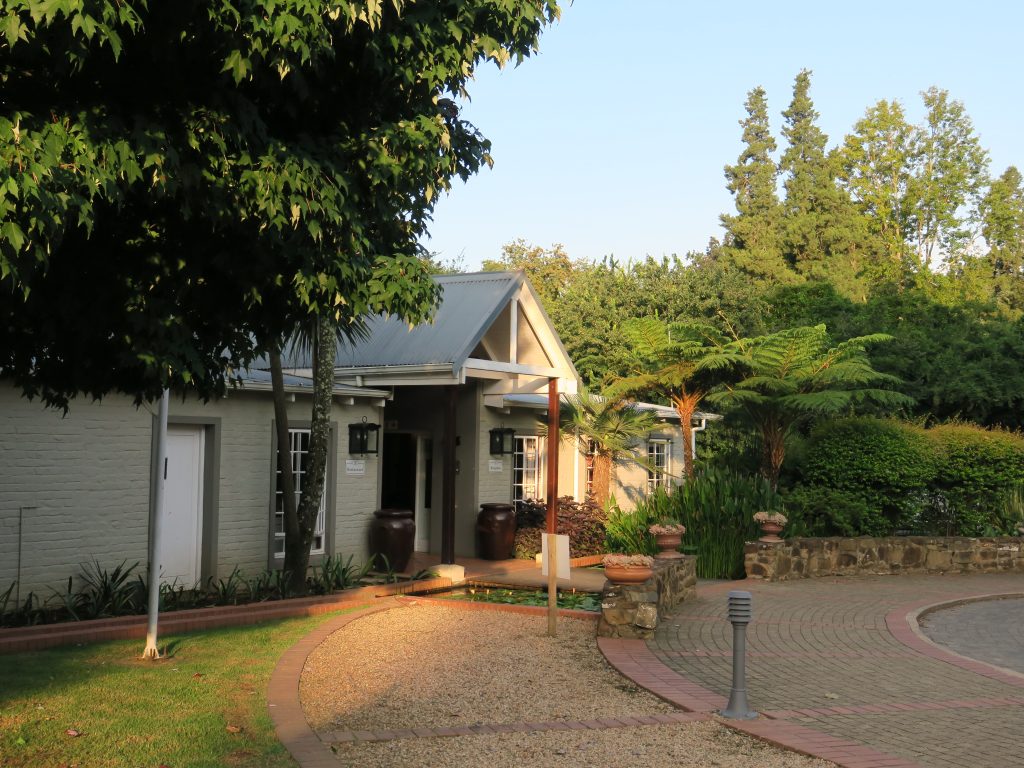
CRANE FOUNDATION – A number of years ago Fordoun donated 150 hectares of natural veld and wetland adjoining the estate, to the KwaZulu-Natal Crane Foundation. This piece of land is a breeding habitat for Wattled Crane and Oribi Antelope – two highly endangered species. The land has been declared and gazetted as a reserve called The Bill Barnes Crane and Oribi Sanctuary.
Work has recently begun at the Headquarters of the sanctuary for the construction of roosting pens, incubation and rearing facilities which will be for the captive isolation rearing of Wattled Crane chicks. The chicks will be reared to adulthood and then released into the wild. The Wattled Crane project is proceeding and the total cost of the Captive Rearing facility will be in the region of R1,350,000. Jon Bates is heading up the fundraising and already many Fordoun guests have contributed. Jon reported that they have all been thanked. There is an educational program underway called ‘Cranes in the Classroom’. This takes place in local rural black schools and will be extended in years to come. The objective is to teach about Crane habitats and the importance of wetlands for the protection and health of water.
INDIGENOUS HEALING PLANTS – The traditional medicinal trade in South Africa harvests plants mostly from the wild without considering sustainability or conservation. Hence many plants are becoming endangered. At Fordoun, in partnership with Elliot Ndlovu, over 130 varieties of indigenous healing plants are grown and researched for suitability as crops which may be grown for teas, cosmetics, culinary or medicinal uses. The first of these trials, with plants like Hypoxis (African Potato), Leonotis leonorus (Wild Dagga), Artemesia afra, Mentha longifolia (Wild Spearmint) and Helichrysum splendidum, have been promising and already we are using extracts in our Ndlovu range of products.

The Ndlovu range of products is manufactured by a subsidiary company in which Elliot Ndlovu is a significant shareholder. It is their goal to have up to 30 hectares in production with the plant materials having viable commercial yields for water based extracts, essential oils and teas. By setting up an agricultural and manufacturing business, they aim to influence and teach rural communities of the entrepreneurial opportunities which exist for future sustainable propagation of traditional healing plants. It is of note that the ‘Muthi ‘ industry in South Africa alone is estimated to be valued at least 2.7 billion rand per annum. Without sustainable agriculture and protection, many plants will become extinct.
ENERGY CONSERVATION – By installing solar energy, the Spa at Fordoun has reduced from eight geysers to two. The main heated pool runs on a separate solar heating system. Of the 17 guest bathrooms, six are water boiler heated and three are solar assisted. Cost comparisons are underway to establish the most viable energy savings between the two systems. The restaurant and communal areas are Solar assisted. All in all, since 2009, Fordoun has reduced reliance on Eskom power by 50%.
WATER CONSERVATION – Fordoun has 5 separate channels of running water creating ambient features around the historic buildings. All the water is circulated through a series of sealed channels and pipes from the lake and returned underground to the same body of water. The channels host a large population of fresh water minnows which breed in idyllic conditions and provide a constant source of feed for the trout in the lake. All grey water at Fordoun is returned to the earth via a vast and complex system of soak-aways which are sited below the soil of the large expanses of lawns and gardens.
HLANGANANI SCHOOL – Hlanganani is the Zulu word for putting together and it is the name given to the Esiphetweni Sendiza Primary and Pre-Primary school near to Fordoun. The school was formed by the joining together of the Fordoun Farm School and the Easingwold School. Hlanganani is an ongoing passion of Fordoun and the enthusiastic pupils and staff have impressed many of our guests.
Hlanganani School continues to be the beneficiary of Fordoun Leisure and its guests. The school now has over 30 working computers, new flush toilets and septic tanks and a mobile library (managed by Michaelhouse) is operating. Special thanks need to be extended to the contributing Fordoun guests such as Eskort, N3TC and Bay farm Tours.
A COMMUNITY HOUSING PROJECT has been completed. This project gives ownership to 18 beneficiaries in the form of a family house and a plot per family. The ‘village committee’, the uMngeni Municipality, the Dept of Land Affairs and the Dept of Human Settlements have signed agreements with Jon Bates and Fordoun Development Company. These agreements mean that the costs of the ‘village’ are born roughly 50/50 between the Departments and Jon Bates – representing Fordoun interests.
